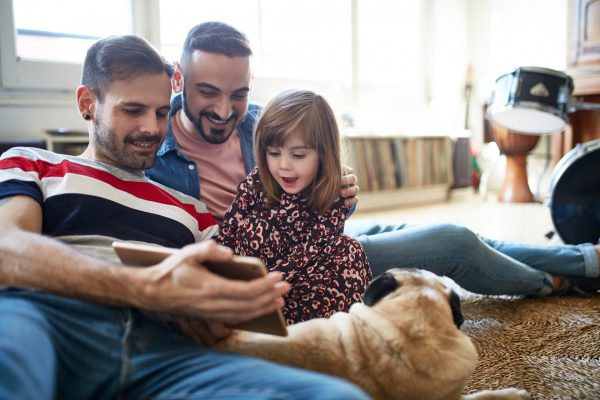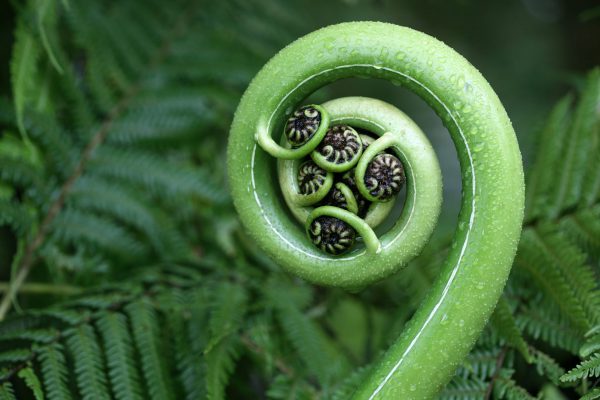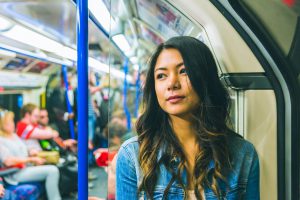Prioritise what and how we teach our young people
-
Make our education system more inclusive and accessible
From early childhood to tertiary, the education system could be more inclusive and accessible for everyone. Participants identified inequalities within and between education providers; these must be addressed to give all students equitable opportunities to learn. They wanted to see more diversity represented in leadership and teachers, adequate resourcing for students with additional needs, and teachers’ upskilling to embed Te Tiriti within the curriculum and teach all forms of anti-discrimination.
Our education system needs to make massive changes. Small changes like hiring more minorities, ensuring te reo Māori and NZ history is taught at schools and treated appropriately as the taonga they are. Find ways to ensure the rangatahi of today have tolerance, acceptance and understanding ingrained in their everyday lives.
-
Our education system needs to make massive changes. Small changes like hiring more minorities, ensuring te reo Māori and NZ history is taught at schools and treated appropriately as the taonga they are. Find ways to ensure the rangatahi of today have tolerance, acceptance and understanding ingrained in their everyday lives.
-
If people do go to lower decile schools, there is a huge difference in deciles in what they have. With some schools, they [the teacher] will record a video - biology, calculus - and it’s up to the student to watch it on their own and learn it for themselves. Biology and physics -- where the teacher’s presence would help them to learn. They’re having to do it on their own, with a one-hour video. That and a bunch of workbooks. We hear from our students “our teachers don’t really care about us”, they [the students] don’t know what they’re doing. There are huge gaps in achievement between schools because of:
1. access to resources
2. learning environment,
3. quality of education -
It’s all to do with money. If you’ve got lots of money you’ve got lots of opportunities. They [school systems] squash all the things you’re good at. There’s no place for disability special needs because they cost money. Need total school reform.
-
There shouldn’t be only-boys school or only-girls school, or this side Māori school, this side not Māori school. It should be all together. Some schools have hoity-toity uniforms – already creating this atmosphere you are better than other people.
-
Education certainly doesn’t, I work with the Somali groups, they had formed themselves a homework centre because their children were failing at school. They were funded by the [xxx] Trust, but lost that funding. I went to Ministry of Education, and they said “we provide support on a school by school basis”. That particular group had cultural needs that needed to be recognised, but that didn’t fit the policies. I and a couple of others decided to push harder and threated to go public, and they got $80,000. That’s just one small example which many groups are experiencing.
-
You have to encounter difference to actually rewire the brain. We need experience-based education.
-
Our education system, I really feel is usually something that most people do have some value in. It’s a big part to play in changed attitudes. In teachers’ curriculum, [we] have a whole page in the curriculum to address the Tiriti, and the wrongs of the past. Our education system has improved, has got better. Still a lot of improvement required. The Kōhanga reo movement made a big impression. Teaching system has a lot of potential.
-
I wish there was enough funding for everyone who needs an aide to get one. Also pay aides more! They are so important and hardly get paid anything.
-
-
Teach our young people about Te Tiriti, local history and te reo Māori
The 2020 announcement by the government to teach the history of Aotearoa New Zealand as a compulsory subject in schools was seen positively. Many participants linked history with teaching the Māori perspective on Te Tiriti o Waitangi and making te reo Māori and tikanga compulsory. Making our history a required part of the curriculum was seen to encourage more conversations about ongoing inequalities and discrimination within our society.
The way Te Tiriti is taught is so wrong- they make you think it’s not important, they don’t tell details of how it happened. A war is not a war. Ceding sovereignty versus tino rangatiratanga. We need to educate kids on this issue and see greater weighting even though one of the greatest issues.
-
The way Te Tiriti is taught is so wrong- they make you think it’s not important, they don’t tell details of how it happened. A war is not a war. Ceding sovereignty versus tino rangatiratanga. We need to educate kids on this issue and see greater weighting even though one of the greatest issues.
-
Part of future trajectory in diversity, more solidarity between tangata whenua and ppl from other ethnic groups. Not enough forums for that kind of engagement. Only person of Asian descent there. I think ethnic migrants and ethnic communities can play a real role in fostering a sense of solidarity by engaging in indigenous culture. I would make it mandatory for ppl coming into the country to learn basics of te reo or tikanga. In the NZ schooling system, there’s a gap in what’s been done already. What it means to engage with Māori communities, history of the treaty. That creates more fracturing and division amongst our ethnic community.
-
You must fight tooth and nail to learn about your own history. Which is ridiculous. How can we find our own sense of belonging without the foundations of identity? How do we get change? Yep, NZ history is one thing. Conversations are a big part of it, governmental changes and policy shifts... but to achieve greater change, teaching NZ history in schools is good. Part of the problem is understanding how we can have these conversations with our neighbours on a Friday night over some drinks, if we don’t know the history?
-
Enrolling son in school, horrific choice of Māori school or mainstream school. Didn’t have the ability to go to kohanga reo so he can’t enrol in the Māori school. Mainstream school doesn’t teach the language [te reo]. That should be easy, all schools should be teaching te reo from day dot.
-
That petition to teach about NZ history in schools, needs to be done. Teach new immigrants to Aotearoa, that they get to learn our histories. And learn Te Reo. It’s a beautiful language. I’ve had conversations with people of many religions around the world. It’s a beautiful language about respecting and sharing all living things, of speaking to all faiths.
-
Schools should be teaching accurate NZ history.
-
The history was never taught to us properly. It’s all starting to change now, isn’t it? Like physical sites, when you drive around the country, there’s [important Māori] physical sites all around the Waikato, and there’s hardly any signage anywhere about where these sites are. Until we change our understanding of colonisation, these things are not going to change.
-
School curriculums need to be decolonised. There needs to be more representation for minority groups.
-
-
Growing culturally capable and inclusive young people
Teaching young people to understand and accept difference was identified by many participants to prevent numerous forms of discrimination, particularly racism and sexism. Participants talked about the need for schools to increase cultural capacity by teaching about multiple cultures, religions and languages present in Aotearoa New Zealand. Actively teaching students to recognise discrimination and resolve conflict was further seen as creating a more inclusive society.
Education is such a big force in our lives. More can be done in schools. Just being proud of who you are. You see that stuff coming through in school. Kids being excluded by a teacher, they make their minds up about a kid. For me it would be good if at school, in the training of teachers, it’s part of the curriculum. Looking more at how people are different, religions. Social studies could be a much bigger thing of looking at who people are, how they are.
-
Education is such a big force in our lives. More can be done in schools. Just being proud of who you are. You see that stuff coming through in school. Kids being excluded by a teacher, they make their minds up about a kid. For me it would be good if at school, in the training of teachers, it’s part of the curriculum. Looking more at how people are different, religions. Social studies could be a much bigger thing of looking at who people are, how they are.
-
Discrimination systematically taken [on], from up top and going down. No matter if that’s against disability or Māori. It needs to start at the top. Colonisation should be learned at school, that should be a given.
-
We need to teach anti-racist, anti-misogynist things in ground-up kind of ways. Kids are great and don’t have closed off minds yet. I want to see it in schools. It’s easier to get things into schools than into private homes. Basically, NZ is super racist, and all of that is learned. It has such massive massive impacts on everybody, and if you just chuck it [anti-racism] in primary schools, you can make a change.
-
There needs to be more cultural and diversity teaching to teachers, talking about stereotypes, talking about diversity, so they can deal with it in the schools.
-
Education. There is such a lack of education around disabilities. In health class at school, they only teach about drugs and alcohol, sex ed and sexuality. And gender identity and bullying, which nobody in class pays attention to.
-
How do we have a culture in the classroom where we are appreciative and curious of everyone else's culture. Do we get parents in? Books that reflect children in our classroom, architecture from India or Sri Lanka - you know all that stuff will change those kids that come from those families.
-
School: some way of teaching young people that there is more than one way of being.
-
I would like to see history as it should be taught in our schools. When I was at school, it was crap. I’d like to see the other version, the Māori version, being taught. I would like to see the relationships with Pacific peoples, what is our relationship, as a Pacific nation, why aren’t those relations stronger? We’re interconnected through history and genealogy. I’d like to see conflict resolution being taught in schools. NZ has terrible statistics for child abuse, inter-partner conflict, violence per se. We need to teach children from a very young age how to deal with conflict, how to resolve it in schools.
-





